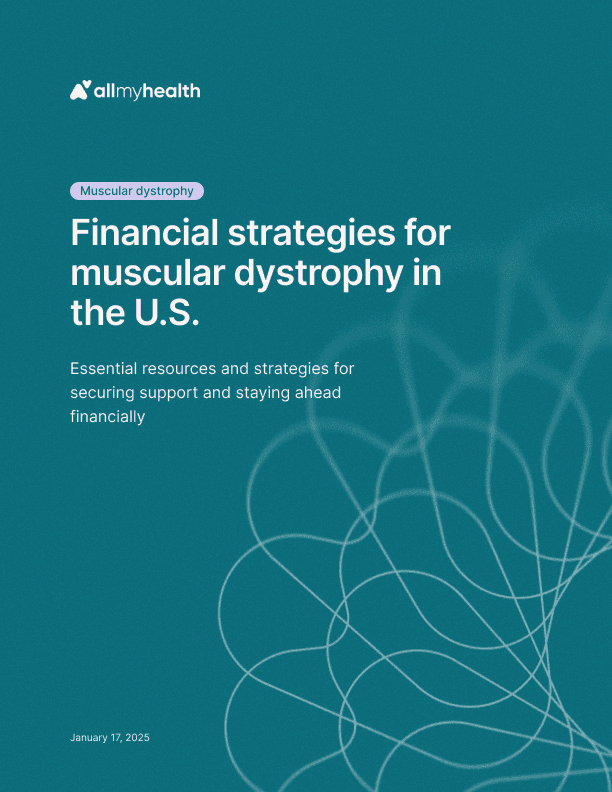- Health Spotlight's Muscular Dystrophy Insights
- Posts
- Muscular Dystrophy Insights
Muscular Dystrophy Insights
Financial Support Guide, CRISPR Gene Therapy & New Drug Hope for Duchenne
Exclusive Report
Financial Support for Muscular Dystrophy: Your Essential Guide
Earlier this week, we released Financial Strategies for Muscular Dystrophy in the U.S., in collaboration with AllMyHealth. This guide offers actionable steps and key resources to help individuals and families tackle financial challenges.
Haven’t seen it yet? Access the full guide below and take the next step toward financial empowerment.
View the Full Report
The report is available for free online on the AllMyHealth website.
www.allmyhealth.io/report
